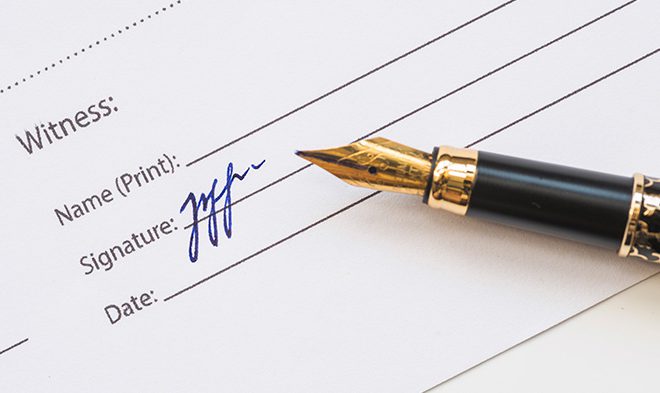Where there’s a Will, there’s a way
It’s a big bad world out there… Or at least that’s what we’re told. And when you hear about how one families loses everything when their breadwinner passes away or how another family fights ceaselessly over the possessions of the belated, the world truly does start seeming ‘big and bad’. Luckily, it doesn’t have to be. If you do your homework and get yourself a valid will, that is. After all, we all want to leave a legacy of love, one where we look after our family even as we die.
What is a will and what exactly is covered in it?
A will or testament is a legal document that defintes your wishes regarding the distribution of your property in the event of your death. Should you have young children, a will generally also includes who gets guardianship over them.
There are four main kinds of wills:
1) Self-Proving Will
Also known as a ‘testamentary will’, a self-proving will refers to a legally binding document that is formally prepared and signed in the presence of witnesses. Since this kind of will observes all the legal regulations, it cannot be challenged in court very easily.
2) Holographic Will
A holographic will, unlike a self-proving will, is a document that is informally prepared and that is signed without the presence of any witnesses. Without witnesses to confirm that you were in a sound state of mind while signing (and not under drugs, or in too much pain to fully grasp what’s happening), this kind of will can easily be challenged in a South African court.
3) Oral Will
Much like holographic wills, oral wills often do no prove water tight in the eyes of the court. This is due to the fact that an oral will is simply a spoken testament given before witnesses (leaving a lot of room for ‘he said, she said’).
4) Living Will
This type of will is not concerned specifically with the distribution of your assets upon your passing, but rather with what your wishes would be regarding medical care should you be placed on life support and so on.
Why is it important to have one?
If you’d like to have sole discretion over the distribution over your assets after your death, you need to have a valid will. Without one, when you pass you give the government the full and final say regarding how your property is distributed. It can take years to complete this process (and that’s the last thing you’d want your family to go through after such a traumatic event).
Something to remember
All your life insurance policies’ details will be contained in your will. It will also stipulate who the beneficiaries are and how much they get. It’s vital that you chat to your life insurance provider to ensure that the details of your beneficiaries are still correct. In fact, it’s worthwhile to shop around and double check that you’re getting the best life insurance package that your money can buy.
If you do your part (and see to it that your loved ones also do theirs), dealing with death will become less of a logistical nightmare. Leaving your loved ones to mourn and rebuild their lives.




